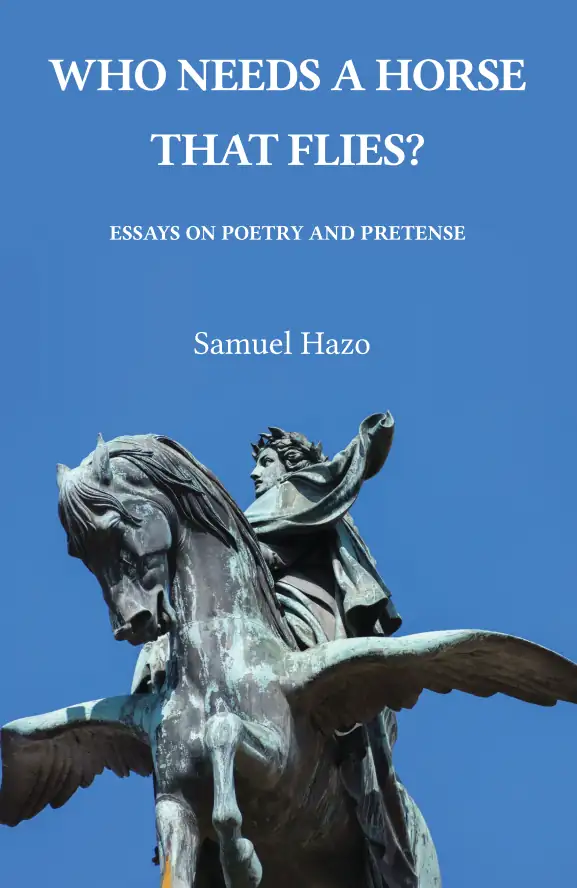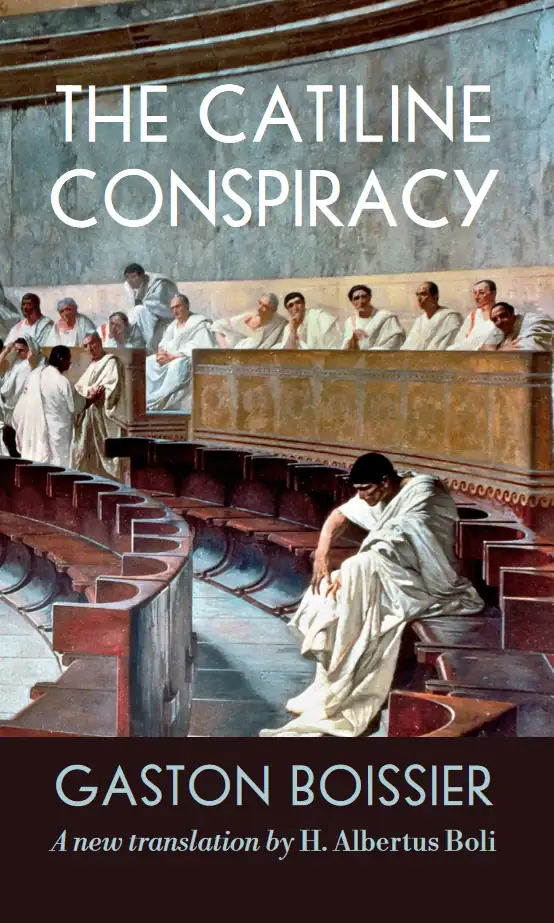
All the poems in this collection are written in a kind of blank verse unique to Mr. Hazo, with three accents to the line, catching the rhythm of his best conversation. The topics range from war and peace (and the lack of difference between them) to dropping a penny on the floor and watching it spin.
All the poems sound like Samuel Hazo talking straight to you—like sitting down with a great conversationalist as he lights his pipe and begins to get deeply interested in the subject.
And if you think you’d like to sit down for an hour with Samuel Hazo, here’s your opportunity. The poems in this collection are pure essence of Hazo—but more so. Find But More So at Amazon.








